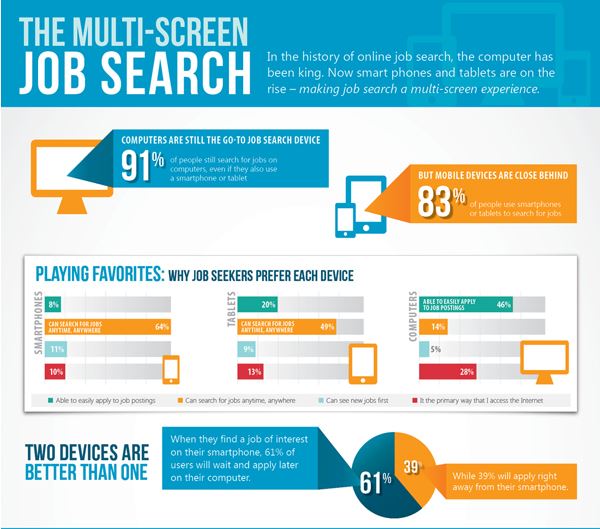 I think I have a new pet peeve – candidates who are subjected to endless job interviews. I’m talking 5, 6, or more interviews. It is madness! What do employers think they are gaining by this?
I think I have a new pet peeve – candidates who are subjected to endless job interviews. I’m talking 5, 6, or more interviews. It is madness! What do employers think they are gaining by this?
Here are 3 ways excessive job interviews are harmful to employers:
1. The best candidates back out. Top candidates simply don’t need to put up with an excessively-slow hiring process. They have other options, and will exercise those options.
2. The employer looks indecisive. Having candidates interview repeatedly sends a message that a company is disorganized, or indecisive, or both (or worse). That is not a strategy for attracting top talent.
3. The employer’s reputation is harmed. More and more candidates are posting reviews of their interview experiences on sites like Glassdoor. If the interview process is long, drawn-out, poorly communicated, with silly questions, candidates are going to share that information online. This negatively impacts an employer’s ability to attract top talent for future roles.
What’s behind all these job interviews? Fear of making a bad hire. No doubt about it, hiring decisions are big and important and need to be “done right.” Here are five ideas that will help employers feel more confident that they have an interview process that both evaluates candidates fairly and accurately and allows the employer to hire the person who can best “do the job.”
1. Develop a standard set of questions. Make sure every candidate is asked the same set of questions (and that the answers are documented). This is the only way to know if candidates are being evaluated on the same criteria. Pre-recorded video screening is a great way to do this.
2. Develop (and use!) a scale to score a candidate’s answers to interview questions. For each question, determine in advance what would be strong, average, and weak answers.
3. Determine, in advance, what success on the job looks like. For example, a specific project will have been completed, a new store will open, sales will be increased by a certain percentage or similar. Once success has been defined, it will be easier to develop questions that help an employer determine which candidates are likely to meet those targets.
4. Figure out which information needs to be gathered during each step of the process, and who needs to be involved. Without a defined process, candidates often are asked the same questions over and over again. Not only does this frustrate the job seeker, it also does NOT add value to the hiring process, since there is no new information being shared. If possible, limit the number of people involved in the interviews.
5. Tell the candidate in advance what kind of information is being sought. Job interviews are stressful! It *is* possible to have a rigorous interview process that still allows a candidate to focus her preparation on the skills and information that are most critical to an employer’s needs.
Too many job interviews alienate the best candidates and don’t improve hiring results. What’s your best tip for improving the hiring process?

 Today’s blogger is Amy Teske, NPAworldwide Membership Engagement Manager. Amy joined the NPAworldwide staff in June 2015. We’re happy she’s here, and happy for the extra blogging horsepower as well!
Today’s blogger is Amy Teske, NPAworldwide Membership Engagement Manager. Amy joined the NPAworldwide staff in June 2015. We’re happy she’s here, and happy for the extra blogging horsepower as well!








